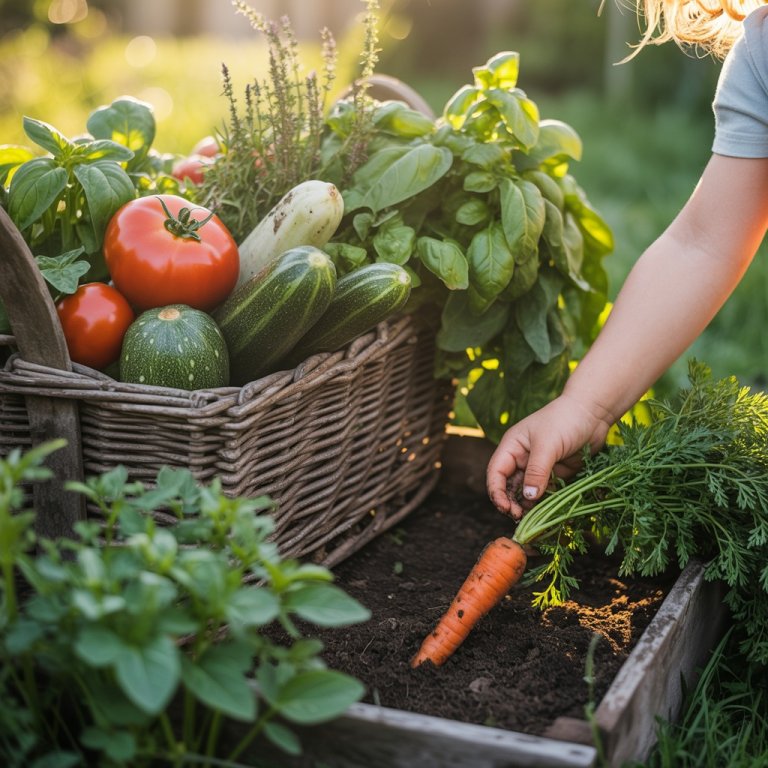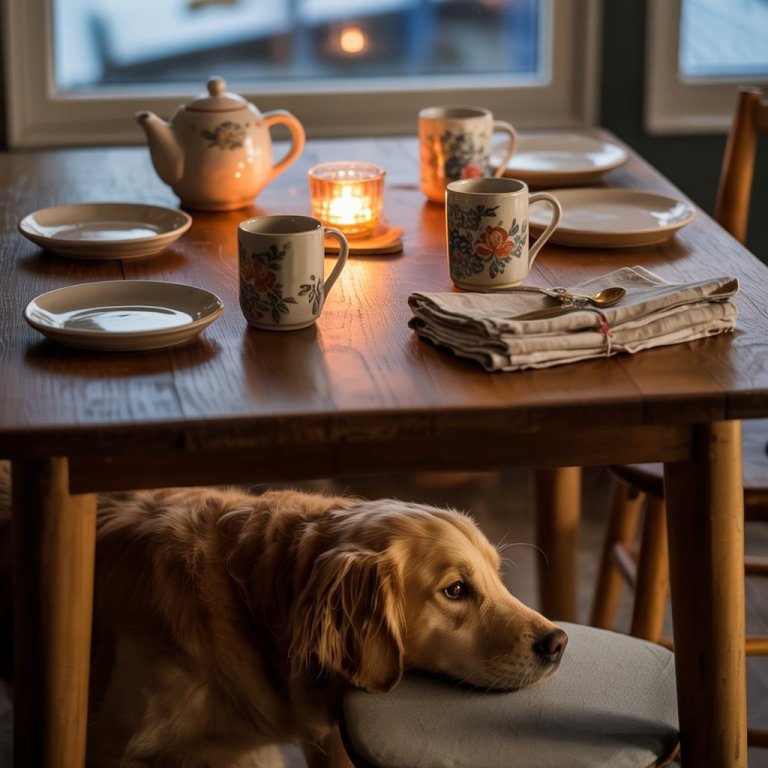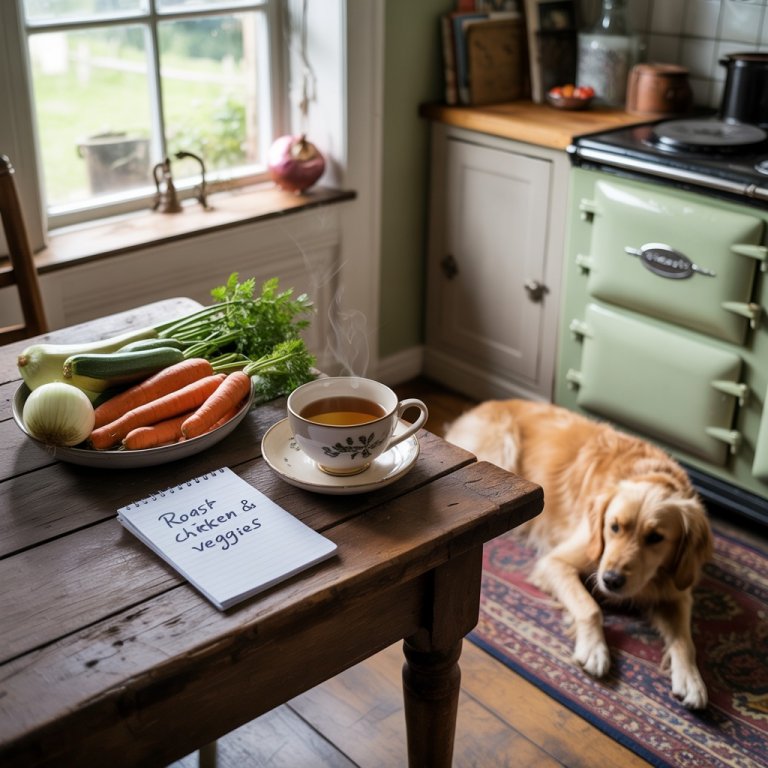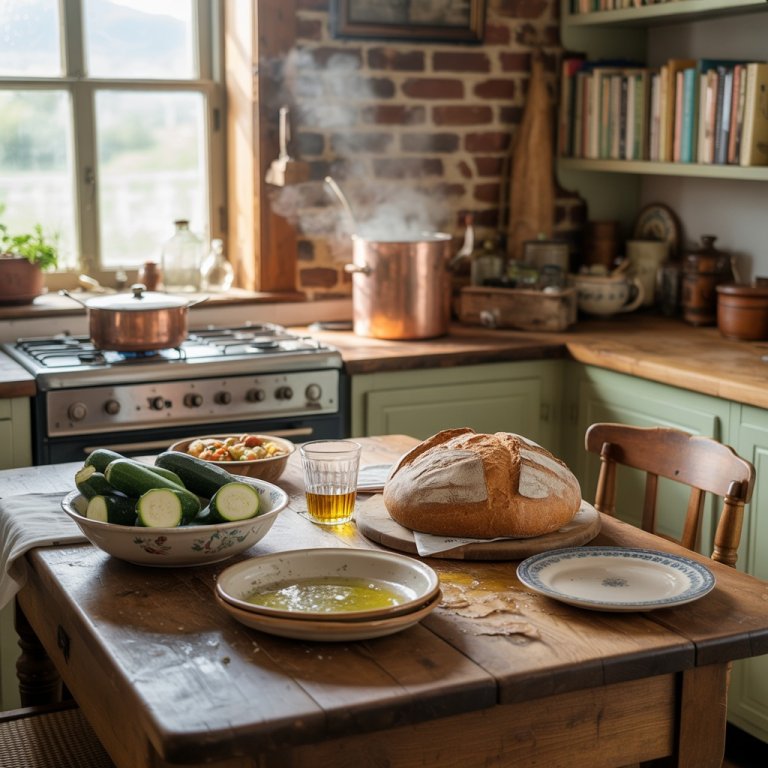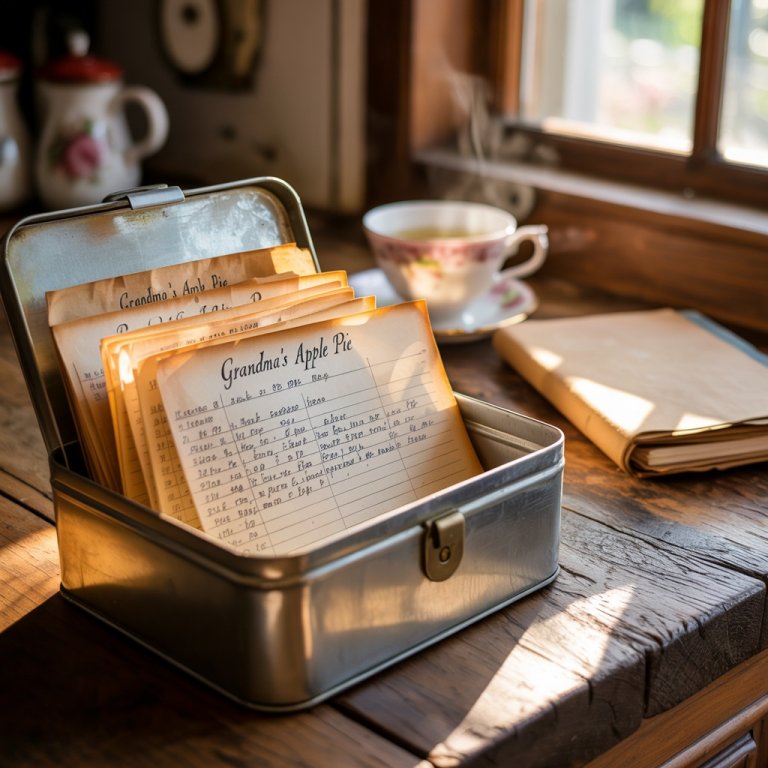How Making Stew Taught Me to Be Patient
A Quiet Afternoon
I was standing at the kitchen counter, apron still damp from washing greens, when I realised I hadn’t said a word all afternoon. The children were out with their dad, the dog was asleep by the stove, and the house was unusually quiet. I wasn’t in the mood to cook something impressive, just something steady—something that gave my hands purpose. So I pulled out the pot.
The carrots weren’t chopped neatly, and I didn’t bother measuring the stock. I browned the beef slowly, waiting for it to hiss and deepen in colour, then deglazed the pan with a splash of red wine that had sat open since Sunday lunch. I stirred gently, letting the onions and garlic go soft in their own time. Everything about it felt slower than usual. Not lazy, just unhurried. I wasn’t trying to rush dinner onto the table. I was trying to stay still.
That day, I didn’t need the stew to be perfect. I just needed it to simmer.
The Rush I Didn’t Notice
Lately, I’ve found myself moving too quickly through my days. Between the school runs, my blog, and the endless rhythm of meals and laundry, I’d slipped into a habit of rushing through even the parts of life I love. Like cooking. And I love cooking. But somewhere between to-do lists and dirty dishes, I’d been losing the pause that makes it all feel meaningful.
That afternoon, the stew reminded me.
It reminded me that food doesn’t respond well to being hurried. It needs time—heat, yes, but also stillness. Stew, especially, rewards patience. You can’t coax it into tasting right on high heat or tight timing. It softens in its own way. That’s why I chose stew, I think. Somewhere deep down, I knew I needed something that would slow me down.
It’s easy to forget, in the rush of a day, that food isn’t just nourishment—it’s a rhythm. It speaks in slow bubbles, gentle stirs, and lingering scents. That afternoon, I was reminded that cooking could be a kind of meditation.
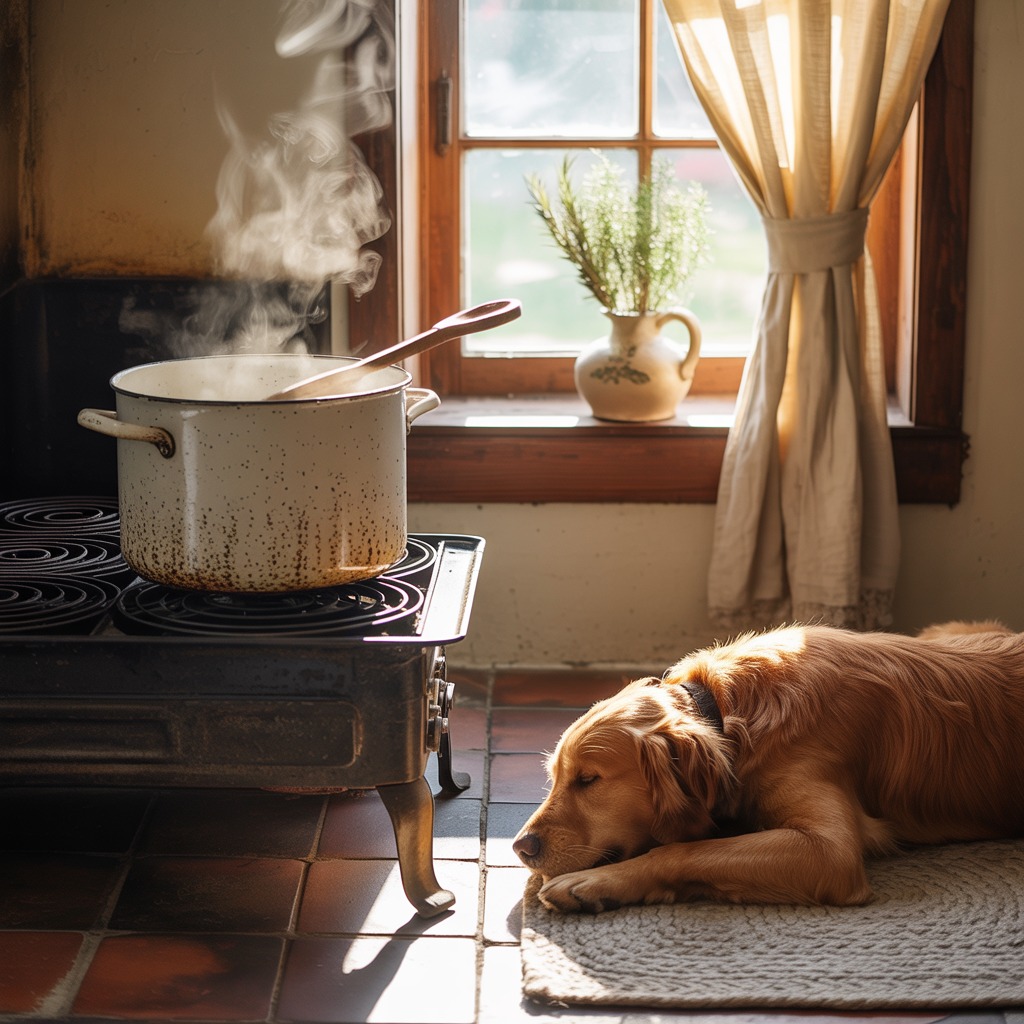
Little Lessons from the Pot
And as I stood by the stove, gently stirring, I started thinking about how often I try to rush other things. My kids when they’re tying their shoes. Myself when I’m feeling overwhelmed. Even the seasons. I want spring before winter is done. I want growth before rest. But life doesn’t really work that way. Not for children. Not for stew.
The stew was slowly finding its flavour. The carrots began to soften and curl at the edges. The onions had melted into the broth, their sharpness mellowed into sweetness. The beef pulled apart with the gentlest nudge of a wooden spoon.
I leaned against the counter, the steam fogging the window slightly. Outside, the garden was quiet—bare branches waiting for green. I thought of how impatient I’d been with myself lately. Wanting to be productive, creative, cheerful—always on. But the stew told another story. It told me that rest and richness come slowly, and only when you let them.
Sometimes, it’s in that very slowness that the flavour develops. Not just in food, but in us too.
What the Stew Looks Like
I don’t always follow a recipe when I make stew. But if you’re curious, it usually starts with beef chuck, seasoned and seared until brown on the outside. I take my time with this part—it adds depth. Then come the onions and garlic, softened in the same pot, soaking up all the good bits left behind.
I throw in thick-cut carrots, maybe a parsnip or two if I have them, and waxy potatoes cut into generous chunks. A spoonful of tomato paste for richness, a bay leaf for depth, and a sprinkle of dried thyme. Then comes a splash of red wine, followed by beef or vegetable stock poured gently until everything is just covered.
Once it simmers, I turn the heat low and leave it mostly alone. Just the occasional stir, a taste test now and then, and plenty of patience. It usually takes two or three hours before the meat is tender, the flavours full, and the broth velvety.
This isn’t a weeknight rush job. It’s a quiet Saturday sort of meal. The kind you let evolve slowly, alongside your thoughts.
Slowing Down, One Meal at a Time
Maybe you’ve had days like that, too. When your hands are full, your brain is buzzing, and everything feels just a little too fast. On those days, cooking something slow can feel like a small act of rebellion. A choice to stop. To stay. To stir.
These days, my work is still busy. There are photos to take, emails to answer, recipes to test. I still spill flour on the counter and forget the oven timer. Life’s messy, and always in motion. But I’m learning to carve out spaces of stillness in between.
Even when the kids are tugging on my sleeve or the dog is barking at the postman, I try to build in a bit of that stew rhythm. A breath before answering. A pause before reacting. A moment of quiet in the kitchen where I simply stir.
Sometimes that meal is stew. Sometimes it’s roasted veg with garlic and rosemary, or a soft-boiled egg on toast. Meals that don’t ask for perfection. Meals that let me be present.
What Patience Has Taught Me
Stew taught me that good things take time. Not just in cooking, but in life. That growth often happens under the surface. That rest isn’t laziness, and slowing down isn’t failure.
It taught me to be kinder—to myself, to my children, even to my ingredients. It reminded me that flavour takes time to build, and that nothing extraordinary happens in a rush.
I think I needed stew to remind me that waiting is a kind of care. That presence is a practice. That sometimes the most generous thing we can offer our families, and ourselves, is not speed or productivity, but warmth and slowness.
Maybe you have your own version of stew. A dish that helps you slow down. That invites you to lean in instead of rushing past. Maybe it’s bread dough, rising slowly on a windowsill. Maybe it’s a pot of tea, steeping as the afternoon sun drifts across the floor.
Whatever it is, I hope you let it teach you, too.
Final Thoughts
Stew taught me that not everything needs to be rushed to be good. That some things get better the longer you wait. That quiet can be nourishing, too. And that maybe, I need a little more of it in my life.
I’m still learning to be patient—in my kitchen, in my work, and in my heart. But when I need to remember, I reach for the stew pot. Not just for the food it makes, but for the space it opens up.
If you’ve found a dish that helps you pause—really pause—I’d love to hear about it. What do you cook when you need to breathe again?
Thanks for sitting with me for this story. I hope it leaves you feeling a little more grounded, and a little more ready to stir slowly and savour the moment.

